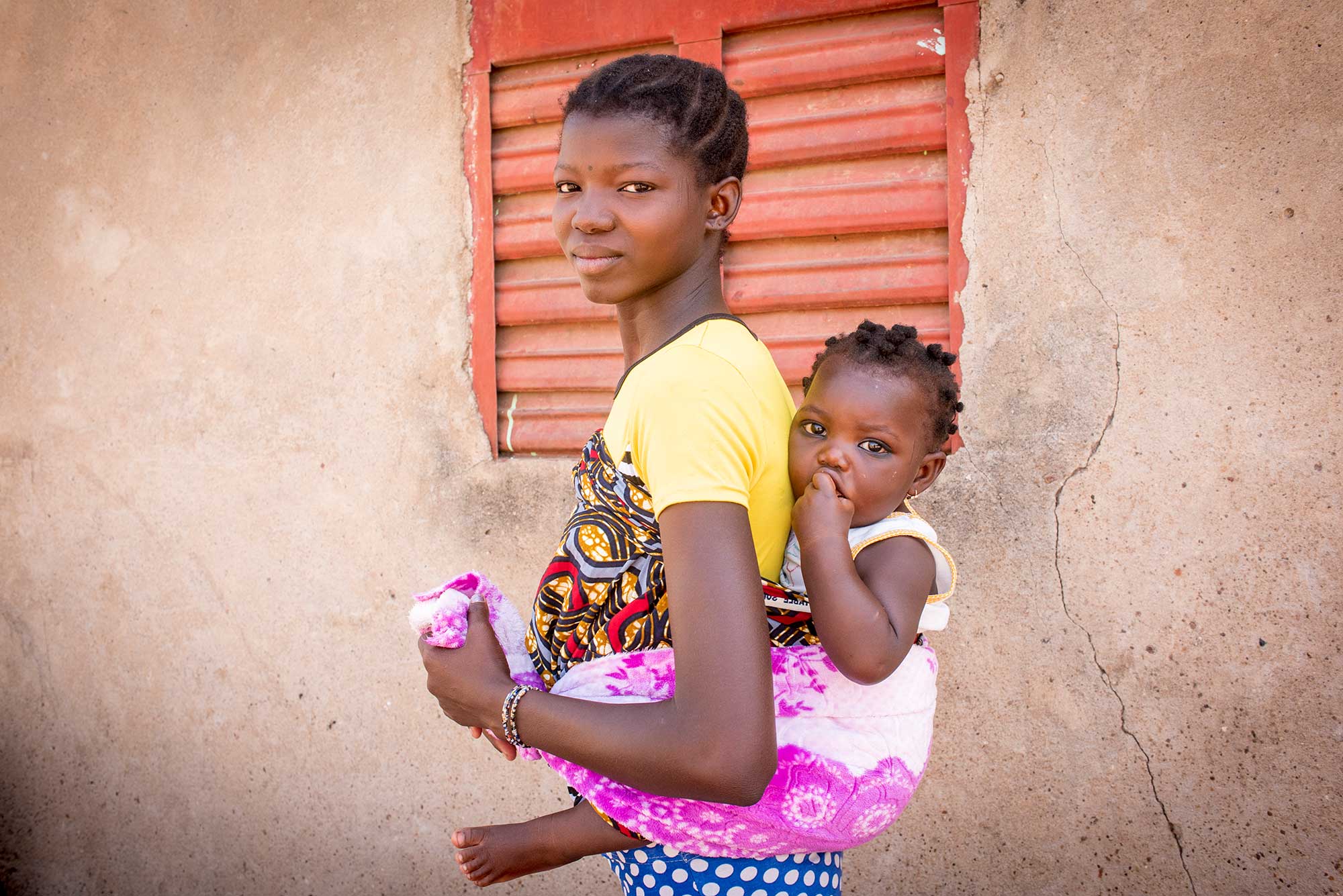Women engaged for human dignity in northern Benin
Story

Every year, more than three million girls are at risk of female genital mutilation (FGM). An extreme violation of a person’s human rights, this practice affects more than 200-million girls and women around the world, increasing their short- and long-term health risks.
As the world continues to grapple with the novel coronavirus (COVID-19), Cuso’s work to support these girls and women is more critical than ever. Adhering to physical distancing and hygiene best practices, Cuso is committed to working with local women leaders to end FGM.
In Benin, there has been strong political will in promoting women’s rights. The country adopted a law banning the practice of FGM in March 2003. But in rural areas of the country, it’s still a strongly rooted social custom. In some communities, up to 88 per cent of women and girls are subjected to this violation.
To tackle an upsurge in the practice in certain communities, Cuso International is launching Women Engaged for Human Dignity in northern Benin, a three-year project that will support tens of thousands of young girls and survivors of sexual violence.
“It’s a form of gender-based violence,” says Sarah Pentlow, Cuso staff and expert on gender equity and social inclusion. “In addition to the health risks and physical challenges women and girls may experience during childbirth, FGM robs women and reinforces a position of subordination to men.”
Funded by Global Affairs Canada, Cuso is partnering with the Government of Benin, United Nations Population Fund (UNFPA), Equi-Filles and l’Association pour la Protection de l’Enfance Malheureuse (APEM).
For close to six decades, Cuso has addressed global issues through collaborative partnerships. These partnerships ensure local agents of change have the capacity, resources and connections to deliver programs and become champions, leading to sustainable change.
“Programs like these are important. By not covering up or glossing over the issue, an examination of beliefs and practices can take place, leading to change and an end of this harmful practice,” says Sarah Pentlow.
The project will focus on community education and participation, supporting young girls and survivors of sexual violence, and educating men and boys on healthy masculinity. A large component will be raising awareness among opinion leaders, including customary chiefs, religious leaders, women leaders and members of community organizations.